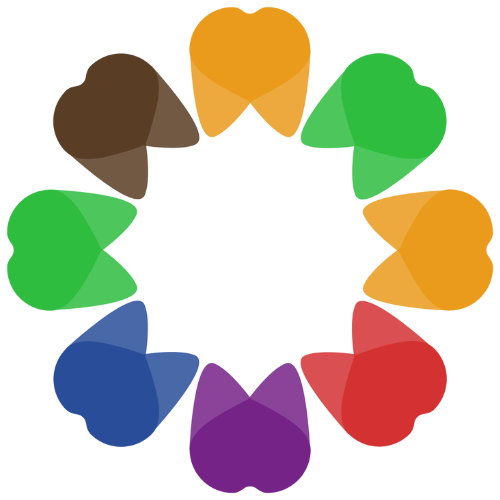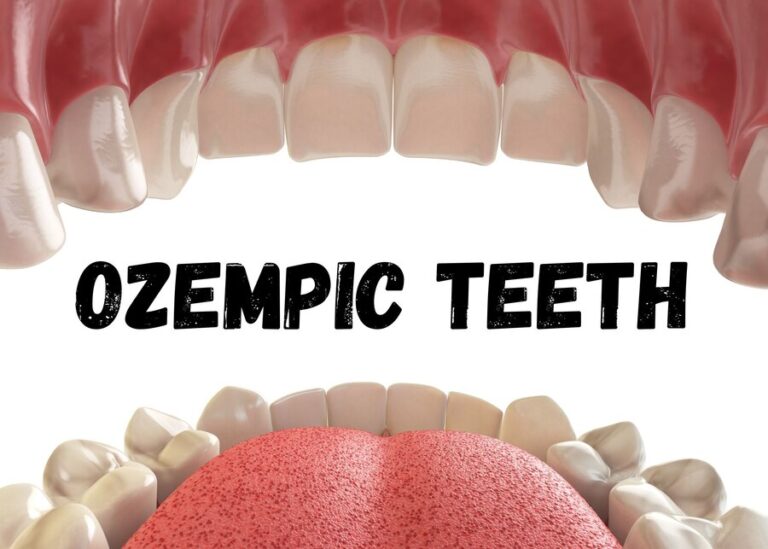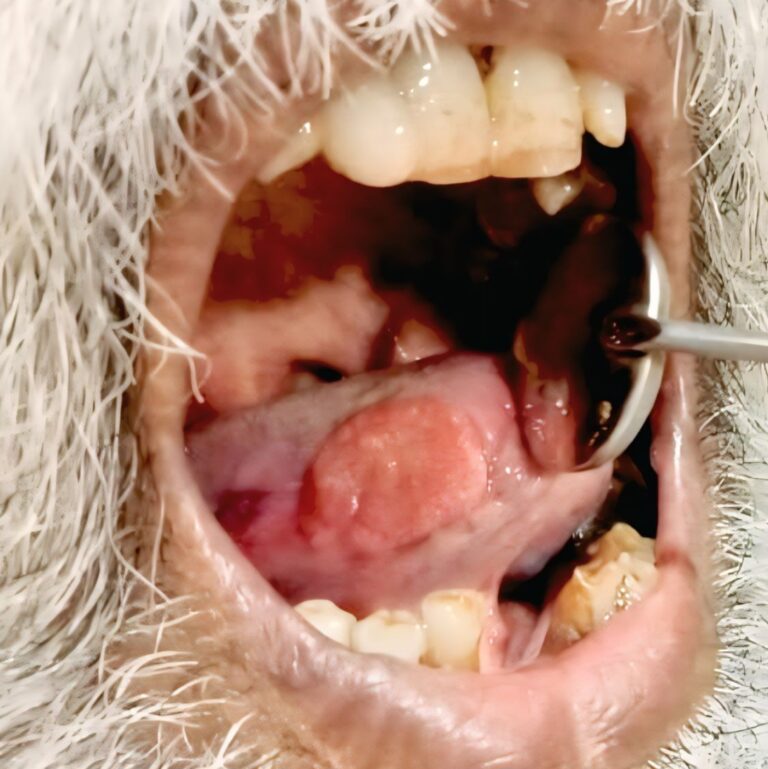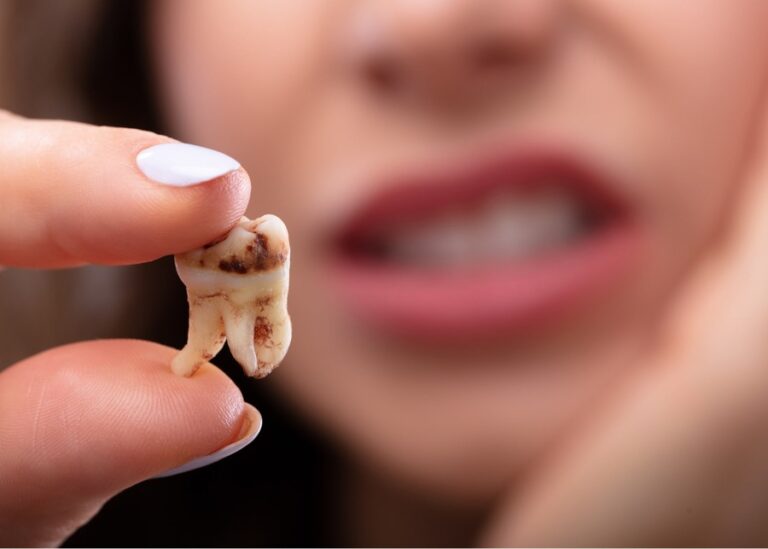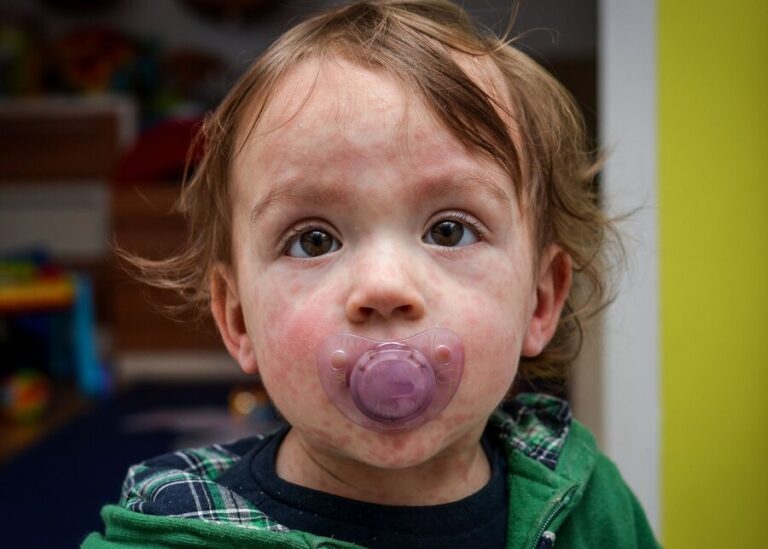
Critical Signs of Autism Mouth: Uncovering the Hidden Risks of Autistic Mouth
Autism Spectrum Disorder (ASD) is a multifaceted neurodevelopmental condition that affects millions of people globally. While much focus has been placed on behavioral and social aspects of autism, increasing attention is being given to oral health and the unique characteristics associated with the “autism mouth.” The term autism mouth describes specific oral features and behaviors often observed in individuals with ASD. Recognizing these signs early is crucial for timely diagnosis, proper management, and enhancing the overall health and well-being of those on the spectrum.
In this article, we will delve into what constitutes the autistic mouth, explore the hidden dangers associated with it, and highlight why early detection matters. By understanding these indicators, caregivers, educators, and healthcare professionals can better support individuals with ASD and address potential health concerns effectively.

Table of Contents
What Is Autism Mouth?
The phrase autism mouth isn’t a formal medical diagnosis but a descriptive term used to identify particular oral features commonly seen in people with autism spectrum disorder. These features can include unusual oral behaviors, differences in oral anatomy, and sensory processing issues related to the mouth. Recognizing these signs can provide insight into broader aspects of Autism Spectrum Disorder ASD and support early intervention efforts.
Key Indicators of Autistic Mouth
1. Sensory Sensitivities in the Mouth
One of the most noticeable signs of autistic mouth is sensory sensitivities. Many individuals with Autism Spectrum Disorder ASD experience either heightened or diminished sensitivities to textures, tastes, or temperatures within their mouth. This can result in behaviors like gagging, selective eating, or constantly mouthing objects. For example, a child might prefer only soft, bland foods and avoid crunchy or spicy options, which can limit dietary diversity and impact nutrition.
2. Oral Habits and Chewing Patterns
Repeated oral behaviors are common in mouth of autistic kids or adults. These include lip biting, cheek chewing, nail biting, or pica—eating non-food substances. Such habits can cause irritation, soreness, or even injuries in the mouth if they persist over time. Often, these behaviors serve as self-stimulatory actions, providing sensory input or an emotional calming effect.
3. Delays in Oral Motor Skills

Many children with Autism Spectrum Disorder ASD show delays or atypical development of oral motor skills. Difficulties with chewing, swallowing, or speech articulation are common. For instance, some children may struggle to coordinate the muscles involved in speech or eating, leading to delayed speech development or feeding problems.
4. Challenges with Oral Hygiene
Maintaining oral cleanliness can be particularly difficult for individuals with autism. Sensory sensitivities may make brushing teeth or flossing uncomfortable, leading to inadequate oral hygiene. As a consequence, they are at greater risk for cavities, gum disease, and other oral infections. Early recognition of these challenges can help caregivers implement supportive strategies to promote better dental health.
5. Unusual Mouth Postures and Breathing Habits
Some individuals with Autism Spectrum Disorder ASD tend to keep their mouths open or adopt unusual oral postures, which can be related to sensory processing differences or oral motor issues. Prolonged mouth opening may result in dry mouth or other oral health problems if it becomes habitual.
The Hidden Dangers of Autism Mouth
While the signs of autism oral condition might seem minor or purely behavioral, they often conceal serious health risks that require attention. These hidden dangers can have significant consequences for overall health, growth, and development.
1. Nutritional Deficiencies
Restrictive eating habits associated with autistic mouth behaviors, such as food selectivity, can lead to deficiencies in vital nutrients. Limited diets lacking in fruits, vegetables, or protein sources may cause deficiencies in vitamins and minerals essential for growth, immune function, and brain development.
2. Increased Dental Issues
Inadequate oral care along with ongoing oral behaviors can result in tooth decay, periodontal infections, and eventual loss of teeth. Habits like lip biting or cheek chewing may also cause soft tissue injuries, which can become infected if not properly treated. These problems can be especially challenging to detect in children who have communication difficulties.
3. Impact on Speech and Development

Oral motor difficulties linked to autism dental issues and can interfere with speech development. Challenges in articulating sounds or difficulty swallowing can delay language acquisition, impacting social interaction and learning. Early recognition and intervention can help mitigate these effects.
4. Self-Injury and Oral Trauma
In some cases, behaviors like lip biting or cheek chewing may escalate into self-injury. Severe oral injuries can require medical or dental intervention and can be distressing for the individual and their caregivers.
5. Respiratory and Overal Health Risks
Mouth breathing, common in individuals with autistic mouth, can cause dry mouth and increase vulnerability to respiratory infections. Additionally, poor oral hygiene may lead to bacterial buildup, raising the risk of infections such as sinusitis or tonsillitis.
Why Is Recognizing the Autistic Mouth Important?
Identifying the signs of autism mouth early can lead to better health outcomes. It allows for prompt intervention, which can improve oral health and overall well-being. Moreover, recognizing these signs may support earlier diagnosis of autism spectrum disorder, especially in cases where behavioral symptoms are not obvious.
Moreover, understanding the implications of autism mouth emphasizes the need for a multidisciplinary approach. Collaboration among dentists, speech therapists, occupational therapists, and medical professionals ensures comprehensive care tailored to each individual’s needs.
Approaches to Managing Autistic Mouth
Addressing the challenges associated with autism mouth involves a combination of strategies tailored to the individual:
• Sensory Integration Therapy:
Helps individuals become more comfortable with different mouth sensations, reducing sensory aversions.
• Oral Motor Therapy:
Exercises designed to strengthen and coordinate oral muscles, improving chewing, swallowing, and speech.
• Behavioral Interventions:
Techniques like positive reinforcement can help modify harmful oral habits.
• Enhanced Oral Hygiene Practices:
Using adapted toothbrushes, visual guides, or social stories can promote better oral care routines.
• Dietary Support:
Techniques like positive reinforcement can help modify harmful oral habits.
Conclusion
The autism mouth encompasses a range of signs that are crucial to recognize. From sensory sensitivities and oral habits to developmental delays and hygiene challenges, these features can reveal underlying health risks that need addressing. Early detection and intervention are vital in preventing long-term health issues and supporting individuals on the autism spectrum.
Understanding the significance of autistic mouth is an essential part of holistic care for those with Autism Spectrum Disorder ASD. Caregivers and professionals who pay attention to these signs can make a meaningful difference in improving health outcomes, enhancing quality of life, and fostering better developmental progress for individuals with autism spectrum disorder.
Ultimately, awareness and its associated risks encourages a proactive approach—one that promotes health, comfort, and well-being for everyone on the spectrum. If you suspect any of these signs in a loved one or patient, consulting healthcare providers specialized in autism and oral health is a vital step toward comprehensive care.
Contact – Sparsh Dental Clinic In Bilaspur for Autism dental issues.
